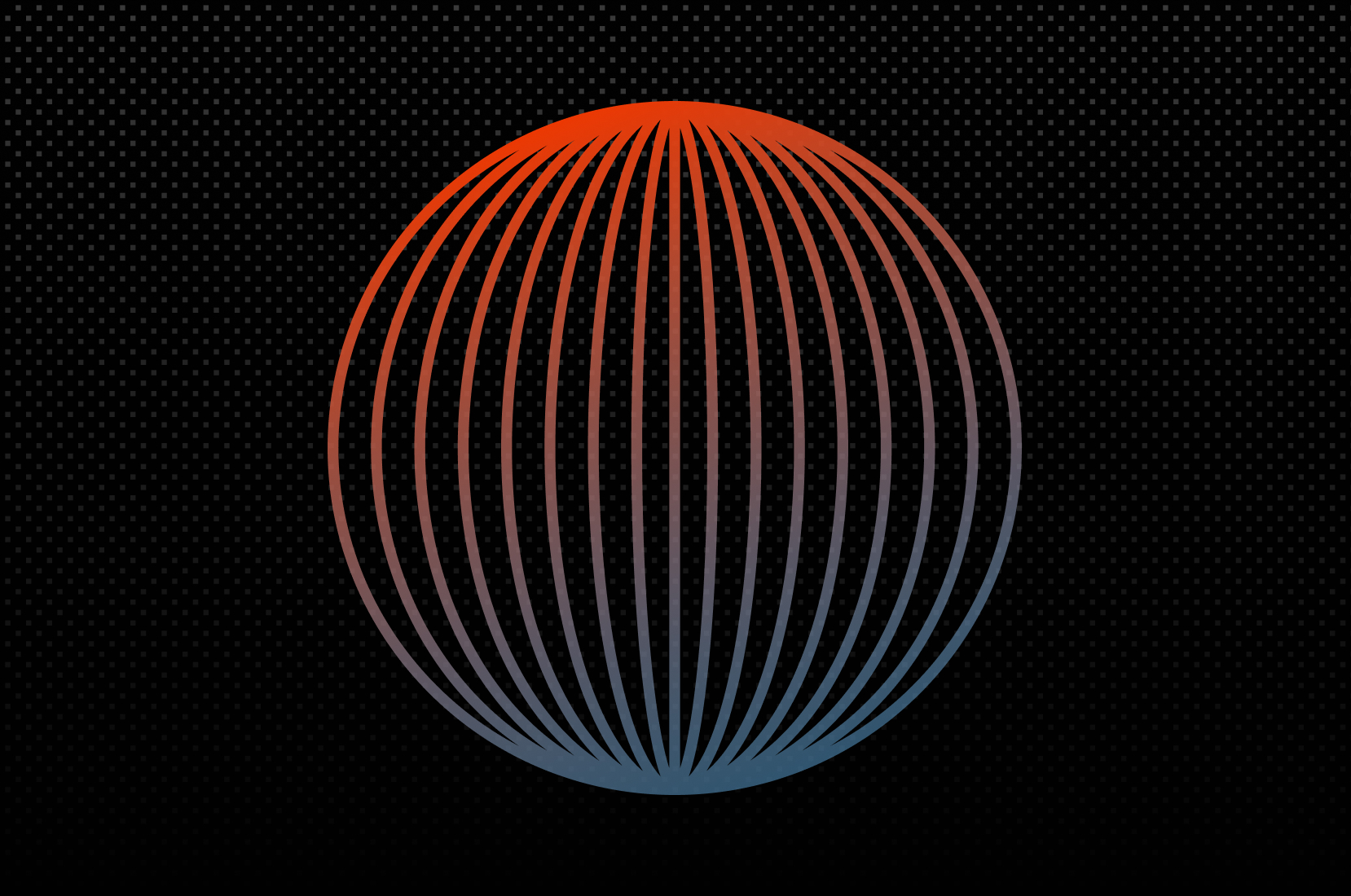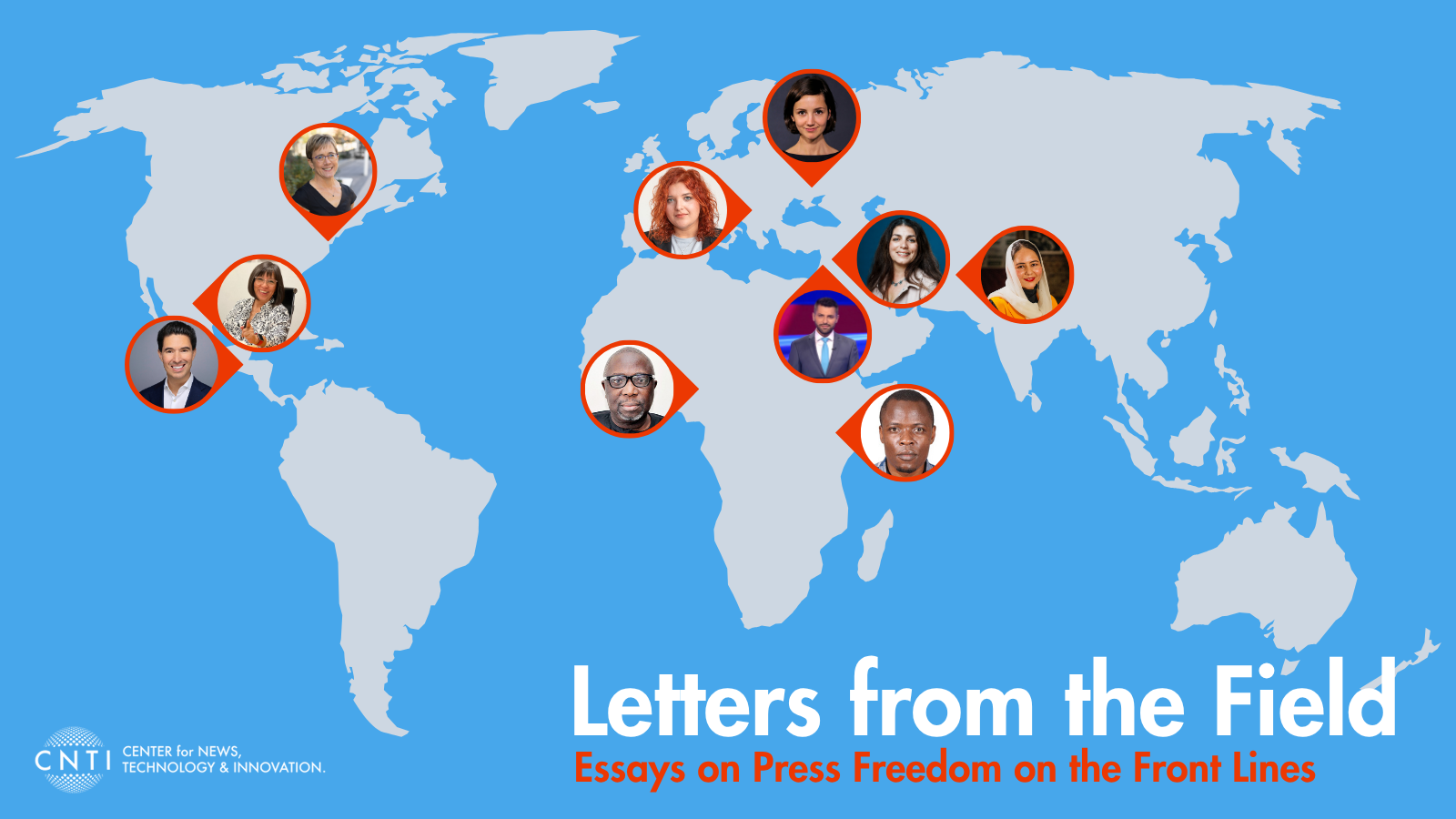Introduction
May 3, 2025 marks the 32nd anniversary of World Press Freedom Day (WPFD) which, as described by the United Nations, serves as a “reminder to governments of the need to respect their commitment to press freedom… [as well as] a day of reflection among media professionals about issues of press freedom and professional ethics.”
In 2024, the Center for News, Technology & Innovation (CNTI) highlighted global trends revealing that while global press freedoms grew from the 1990s to early 2000s, by the early 2020s, they deteriorated back to 1993 levels. These findings supported other research showcasing the erosion of press freedoms. These downward trends continued over the past year — data which is further detailed in our aggregated database.
For WPFD 2025, we build on last year’s research by examining data from CNTI’s recent international survey of journalists which included questions about how they perceive their government’s relationship to journalism as well as personal experiences with government overreach. We consider these responses in aggregate, by type of government and by experiences with government harms and interference.
Among the main findings:
- About half of journalists surveyed (54%) report their government seeks too much control over the journalism they produce.
- Surveyed journalists in autocracies and electoral democracies report more government control than those in liberal democracies.
- Journalists who report (1) having personal experience with government overreach and (2) facing high levels of risk are more likely to say their government seeks too much control.
- Strong majorities of respondents do not think it is OK for their government to define journalism or journalists. This position does not depend on their perspective on government control; about half of respondents say there is too much control and about half say their government is neutral or supportive.
How we did this study
CNTI partnered with journalism organizations in several continents to share the survey with their memberships. These data were collected between October 14, 2024 and December 1, 2024, which means they highlight the perspective of journalists around the world during that time frame. These data reflect the responses collected from 433 journalists across 63 countries. More details on the survey of journalists are available in its “About this study” page and full questions and results are available in its topline.
As with all CNTI research, this report was prepared by the research and professional staff of CNTI.
These issues have been discussed at CNTI convenings as well as in CNTI’s issue primers and are particularly relevant as journalists face online security threats and surveillance from governments (or actors affiliated with the government). CNTI is committed to following these trends in future research projects to understand journalists’ attitudes about their industry and their experiences, especially given recent legislative initiatives around the world aimed at funding news and journalism.
Perspectives on Government Interference
When examining perspectives on government, about half (54%) of journalists surveyed report that their government seeks too much control over the journalism they produce. Yet, those in liberal democracies (25%) are much less likely than those in autocracies (67%) or electoral democracies (70%) to say that their government seeks too much control.
CNTI’s survey of journalists also asked specifically about government overreach. Journalists who report experiencing at least one form of government overreach are more likely to report that their government seeks too much control over their content than those who have not experienced government overreach (68% and 40%, respectively). This is also true when asked about three specific types of government overreach: government censorship of their content (78% vs. 47%), direct complaints from the government (76% vs. 42%) and denial of access to a government hearing or other official event (69% vs. 47%).1
Relatedly, of the journalists who report facing high levels of risk “very often,” about three quarters (74%) say that the government seeks too much control, whereas of the journalists who report facing high levels of risk “not at all often,” only about three-in-ten (29%) say the same.
CNTI also asked journalists how much attention (1) relationships with the government and (2) online abuse, surveillance and cyber threats are receiving in their organizations.
Nearly seven-in-ten journalists surveyed report that relationships with government are receiving at least a fair amount of attention in their organizations — with support being nearly equal between those who sense excessive government interference and those who believe government is neutral or supportive (both 68%).
Just over half (55%) of respondents who report that the government seeks too much control also report working in organizations that are paying at least a fair amount to online threats, while four-in-ten (40%) who view their government as neutral or supportive say the same.
CNTI also asked journalists for their perspectives on governments defining the concepts of journalism and journalists. Survey participants are largely against their government defining key concepts in their industry. Strong majorities (77% or more) of all journalists surveyed do not think it is OK for the government to define either (1) what journalism is or (2) who is a journalist. There were not statistically significant differences in responses between those who think the government seeks too much control and those who do not (less than 5% points).
Footnotes
- CNTI’s survey also asked about arrest, detention or imprisonment by the government (or potentially affiliated groups) and the responses are comparable. However, they are not statistically significant due to the small number of journalists (n = 16) who report facing these actions. ↩︎


